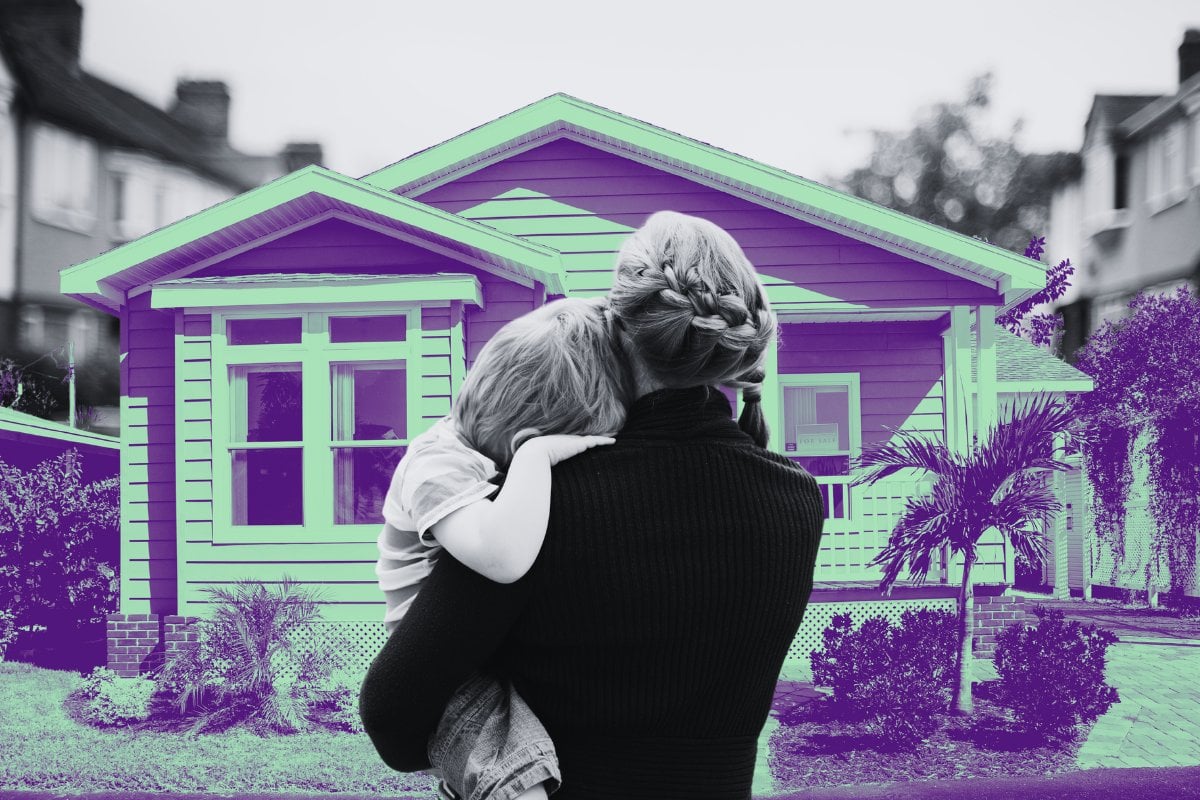
Let's be frank: the housing situation in Australia right now is in total crisis.
Families are being forced to live in 'tent communities' across the country.
Recent reports from Domain show the national vacancy rate for rentals has hit a record low of 0.7 per cent as of February 2024.
Rising property prices are leaving more people in the rental market than ever before.
Average rental costs are soaring with the median cost per year equating to $31,252. This number is inflated even further in cities, with several major capitals becoming untenable for many to live. This mass exodus is then putting further strain on regional cities and towns, which are experiencing an influx of people searching for housing.
Homelessness rates are also on the rise.
Oh, and data analysts are projecting we have another four years ahead of us when it comes to decreasing supply and increasing demand in the housing market across Australia.
In short, it's a s**t show out there and the worsening crisis is having a very dire and devastating impact on our most vulnerable community members. Every day, we are hearing more and more stories of parents (and, in particular, single parents) getting knocked back from rental applications. Many believe they are being unlawfully discriminated against because they have children.
As a result, we are seeing frustrations build as parents are forced to live in unsuitable housing while they continue to grapple with a crumbling sector that seems to be casting families aside.
